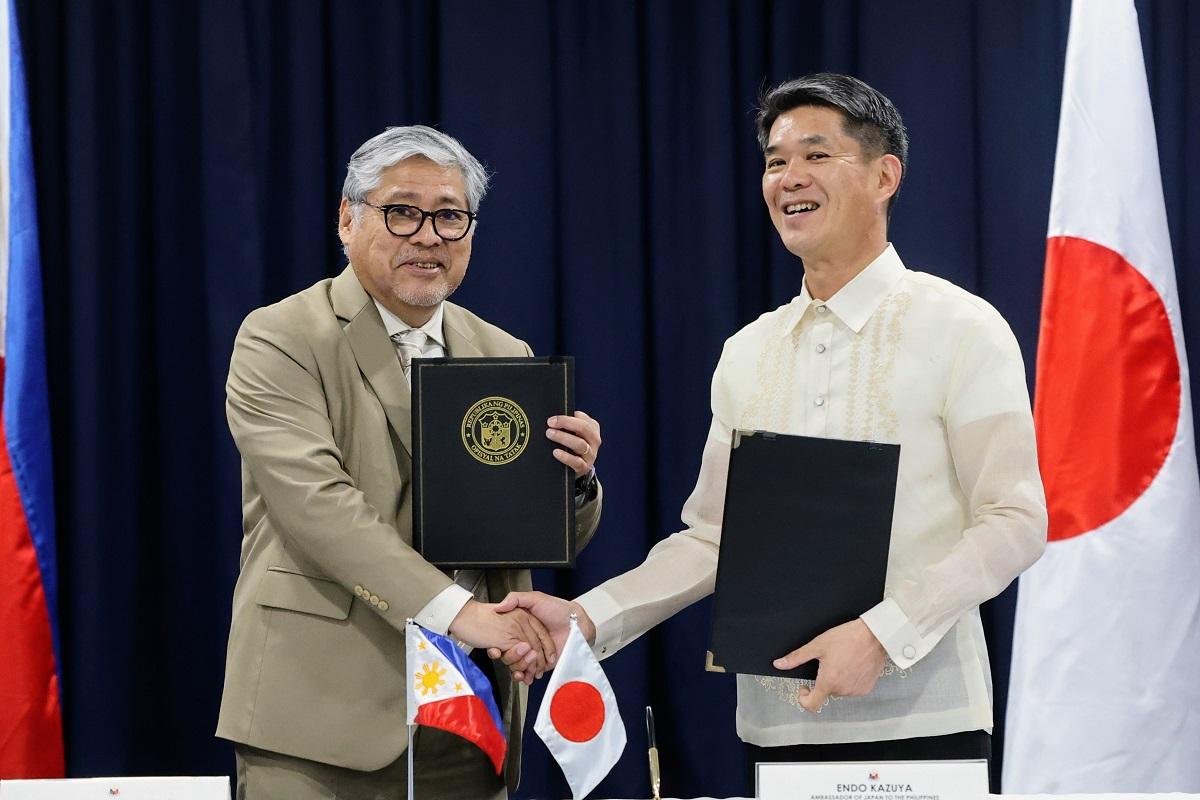Open RAN project aims for better connection in remote areas, with Japan’s aid

In numerous remote and isolated parts of the Philippines, cellphone signals often struggle to reach adequate levels or are completely absent, leaving residents grappling with scarce or no internet access.
Additionally, the high costs associated with purchasing data load and other services from telecom companies can be overwhelming for many, making it a challenge to stay connected through calls and texts.
To tackle these issues, the University of the Philippines (UP), alongside the Department of Information and Communications Technology (DICT), has been diligently working on Open RAN, or "Open Radio Access Network." This groundbreaking approach enables various vendors to supply components for a mobile network, allowing operators to tailor their equipment to meet specific requirements rather than being limited to a single vendor's proprietary system.
The Open RAN concept encourages flexibility, fosters innovation, and potentially lowers costs by enabling collaboration through open interfaces between diverse hardware and software components.
It is anticipated to lower telecommunications service expenses in the country, boost internet speeds, and expand connectivity to underserved rural areas. Currently, UP is conducting research to fine-tune this system for effective implementation.
To aid UP's ongoing research and the acquisition of cutting-edge equipment, the government of Japan has committed ¥444 million (roughly P170 million) toward bringing the Open RAN initiative to fruition. Japan’s support illustrates its dedication to bolstering the telecommunications framework in the Philippines and highlights Japan's significant partnership with the nation.
As noted by the Department of Foreign Affairs (DFA), the proposed Open RAN Laboratory aims to create a collaborative space for mobile network operators (MNOs), ICT suppliers, industry groups, government bodies, educational institutions, and development collaborators.
The objective is to encourage open and modular network technologies, especially open radio access networks, to nurture a strong telecommunications ecosystem.
Japanese Ambassador to the Philippines Endo Kazuya stressed the need to enhance competition among service providers and reduce network costs to inspire creativity in service delivery.
At a recent signing event, Foreign Affairs Secretary Enrique Manalo and Ambassador Kazuya exchanged diplomatic notes regarding Japan’s grant aid for the Open RAN project. Manalo remarked, “This grant will supply the essential network components for the Open RAN laboratory in our country. The system will be accessible to the academic community, primarily for innovative research and development workforce training, as well as pre-testing activities,” Manalo said.
The DFA emphasizes that the Open RAN initiative is designed to support UP in establishing the Open RAN Laboratory, which will include essential hardware, software, and network components, enhancing its capabilities and positioning it as a testing center for Open RAN vendors throughout Southeast Asia. — BM, GMA Integrated News

Need a wellness break? Sign up for The Boost!
Stay up-to-date with the latest health and wellness reads.
Please enter a valid email address
Your email is safe with us





